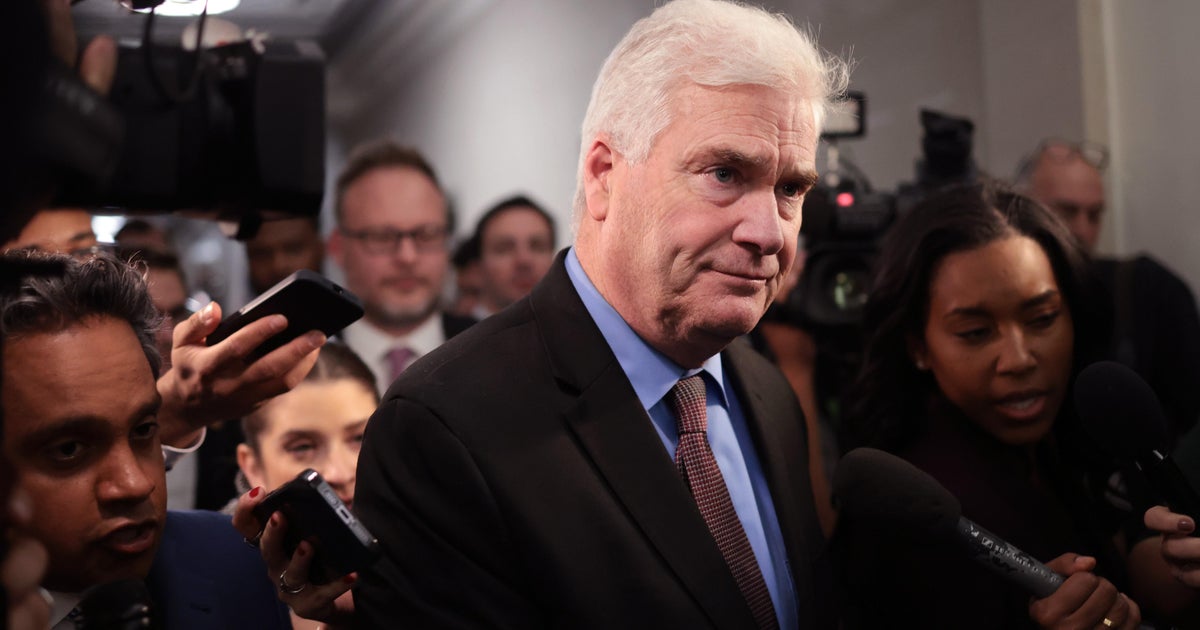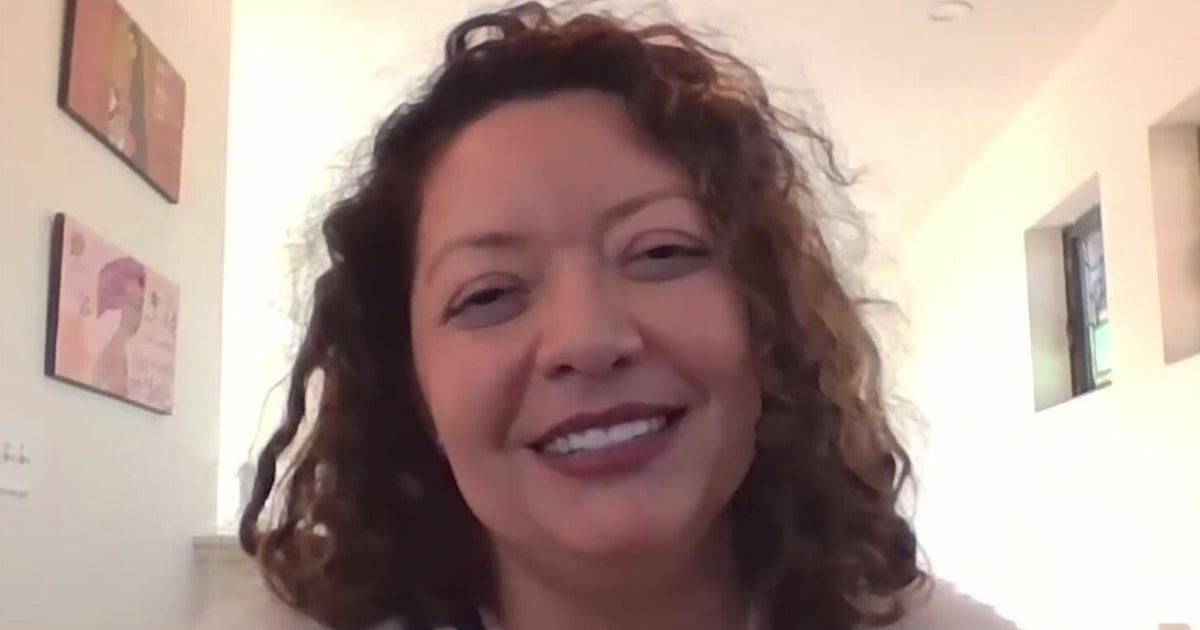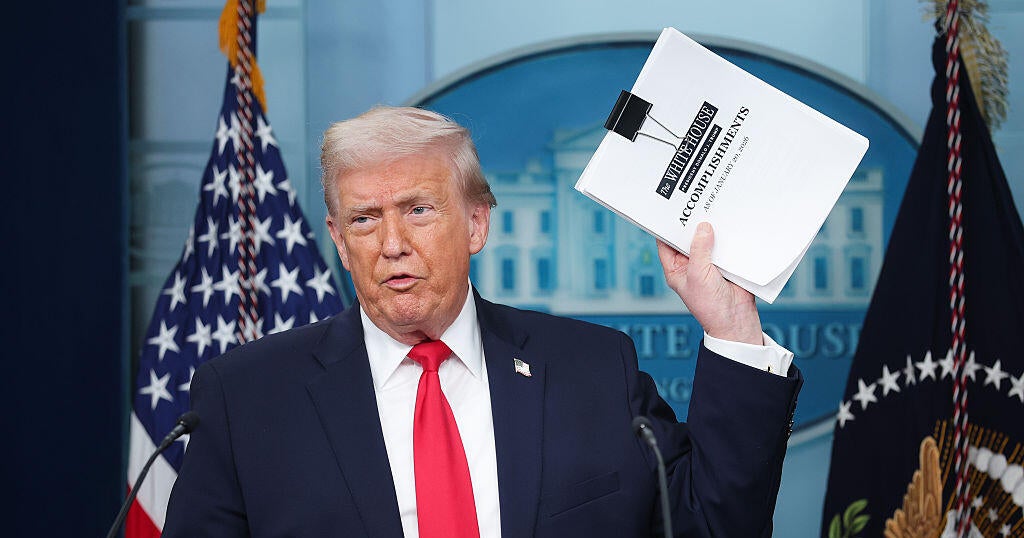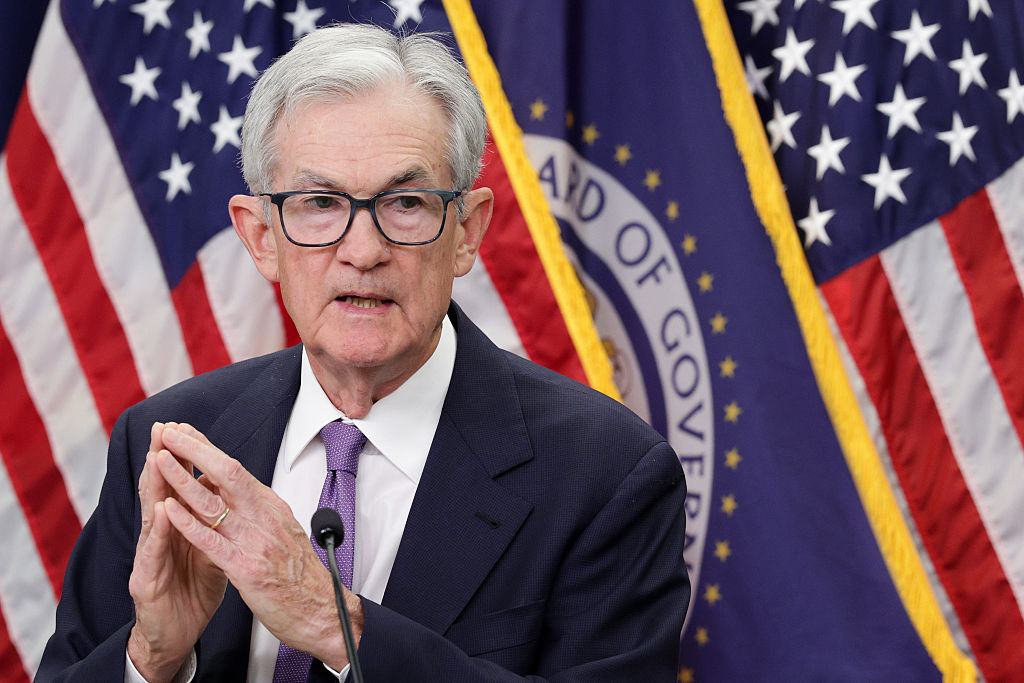Congress crafts police reform legislation in response to police violence
In widespread protests across the country following the police killing of George Floyd, demonstrators are demanding that Congress take action to make police departments more accountable and to curb racial violence. Federal lawmakers are beginning to craft their legislative response. Congress is so far considering around a dozen proposals.
House Speaker Nancy Pelosi announced Thursday that a new initiative would be introduced next week to end racial profiling and excessive use of force by police officers. The Congressional Black Caucus (CBC) is leading the effort to put forward measures on police reform and will be introducing a package on Monday.
Congresswoman Karen Bass, the chairwoman of the CBC, told CBS News' Major Garrett that police accountability was the "number one issue" with policing. She said that she expected the final package to incorporate several reforms, including a bill proposed by Representative Hakeem Jeffries that would ban police chokeholds. Jeffries, the chairman of the House Democratic caucus, introduced the legislation in 2015, after the killing of Eric Garner who, like Floyd, said, "I can't breathe" as he was placed in a chokehold.
"I'm inclined to push the envelope as far as we can because we have a moment now," Bass said.
Presumptive Democratic presidential nominee Joe Biden endorsed Jeffries' plan in a speech in Philadelphia earlier this week. As the issue of police violence and racial injustice comes to the forefront of the 2020 presidential campaign, Biden said legislation can't wait until a new administration and called for making "a down payment" now on a policy response.
There are new bills to address elements of policing, and others are re-upping previous proposals. The various measures address accountability standards and the review process for misconduct, demilitarizing the police force, requirements and resources for body cameras, the overhaul of police training, and making the use of deadly force a last resort.
But members also acknowledge that police reform is just one element of addressing racial injustice and systemic racism at the heart of the protests.
"The unrest that is happening, the peaceful protesting and demonstrating is not only about police brutality," Congresswoman Ayanna Pressley of Massachusetts told "CBS This Morning," noting that black Americans have disproportionately borne the brunt of Covid19. She said there is "a pandemic within a pandemic, a public health pandemic and the scourge that is police brutality, layered with the trauma of housing injustice."
Pressley and Congresswoman Ilhan Omar of Minnesota, both elected in 2018, introduced a new resolution this week aimed at oversight and independent investigations. Their proposal calls on the Justice Department to investigate individual instances of racial profiling and police brutality and would establish all-civilian review boards to investigate police misconduct.
Pressley has also signed on to legislation put forth by independent Michigan Congressman Justin Amash that would make it easier to sue police officers by ending qualified immunity protections.
In the Senate, Democrats Cory Booker and Kamala Harris are planning to unveil legislation that would establish a standard for police use of force. The bill would also include provisions on gathering data of police misconduct and reforming training policies.
"This is a moment in American history where we must recognize the hurt and the pain and do something about it," Booker said in an impassioned speech on the Senate floor on Tuesday.
In an op-ed for Cosmopolitan published Thursday, Harris said she supported having independent investigations into police use of excessive force and creating a national registry for officer misconduct.
Republican Senator Rand Paul and Democratic Senator Brian Schatz also previously introduced a bill in 2015 to establish limits and improve transparency on the transfer of military-grade equipment to police departments.
The Senate Judiciary Committee is expected to hold a hearing on police misconduct on June 16. In announcing the hearing, Republican Committee chairman Lindsey Graham said "the overwhelming issue for us is, after you stop the rioting, which we will, is what are you going to do about the problem that led to the protests?"
Graham suggested the committee could build upon some things done by the Obama administration and "ask ourselves some hard questions." One of them, he said, is looking at complaints filed against police. "Why are they still on the force? We will take a deep dive," he said.
Although the Senate is controlled by Republicans, Bass expressed hope in her interview with Garrett that GOP lawmakers would be able to convince President Trump to endorse police reform measures. Mr. Trump has been open to matters of criminal justice in the past, and signed the First Step Act, which reduced sentences for some crimes.
However, the Trump administration has also undone some of the reforms implemented by the Obama administration in the wake of protests in Ferguson, Missouri, in 2014, after the fatal shooting of Michael Brown, a black teenager. The Trump Justice Department curtailed pattern-or-practice investigations of city police departments, and ended a program to investigate local police departments.
The Trump administration has also severely limited the Obama-era practice of placing police departments under court-supervised consent decrees. Former Attorney General Jeff Sessions ordered a review of all consent decrees and placed new limits on them while in office. Sessions also refused to go forward with a consent decree of the Chicago Police Department, despite a report finding systemic issues in the department.
Mr. Trump has condemned Floyd's death and the Justice Department under Attorney General William Barr has initiated a civil rights investigation into the matter. Press Secretary Kayleigh McEnany told reporters on Wednesday that "there's been discussion of various proposals" on police reform in the White House.
And the Supreme Court could as soon as Monday announce whether it, too, will jump into the national conversation on policing as it weighs appeals involving the legal doctrine that shields law enforcement from lawsuits for constitutional violations.
At their weekly conference Thursday, the justices were scheduled to discuss at least half a dozen cases pending before the court that involve qualified immunity, the legal doctrine that protects government officials from liability for conduct on the job unless they violate "clearly established" constitutional rights.






